WHAT I’VE LEARNED | Marc Kent, Boekenhoutskloof
Marc Kent is the technical director and managing partner of Boekenhoutskloof in South Africa, whose holdings span Franschhoek, Stellenbosch, Swartland and Hemel-en-Aarde. Its brands include the popular Porcupine Ridge and The Chocolate Block as well as the premium Porseleinberg Syrah and The Journeyman red blend. In total, it sells around 7 million bottles a year across 60 countries. Since 2020, Kent has been based in Portugal, where he also has his own label with his partner
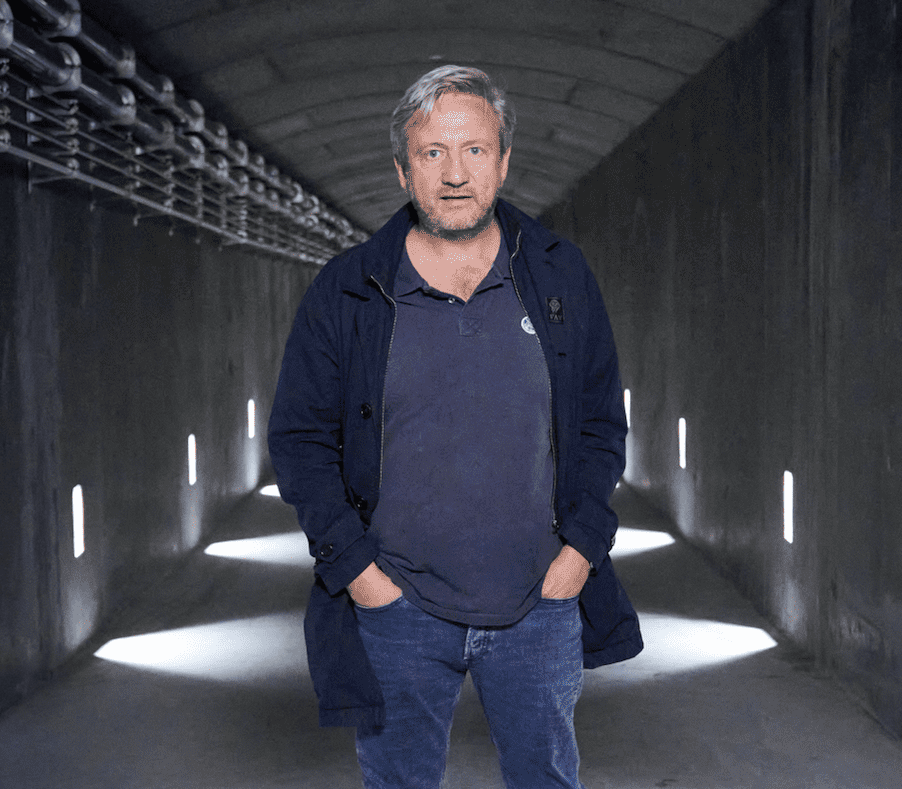
‘When I said that great wine is made in the cellar, rather than the vineyard, I was being a little provocative. I don’t really believe that. I just know my own skill set – and I’m not green-fingered. There was this patch at the winery where a few cannabis plants were growing wild, and they died. And my kids said to me, “Dad, you’re the only guy we know who can’t grow cannabis here.” That kind of sums it up.’
‘I’m a technical guy, not a viticulturalist. Other people like to talk terroir and nuts and raisins, but I like to talk about presses and hydraulics. Whether it’s peristaltic pumps [which make for a more gentle transfer of wine, without risk of oxidation] or the latest generation of Oxy Line [a system whereby barrels are stacked on wheels so they can be turned by hand to suspend the lees], all those little details make a difference. And I love that side of it.’
‘My twins were born in 2007, and then my father died two weeks later, completely out of the blue. I grew up with my father – my parents split up when I was 14 months old – so it hit me hard. I ended up going on a bit of a journey that took me to his father’s birthplace, which was a house behind the Tottenham Hotspur football ground in London that is now a West Indian Baptist Church. I found his birth certificate, which listed his occupation as ‘[wall]paper hanger – journeyman’. I liked the humility of the name, so I used it for my top wine – even though The Journeyman actually represents the best parts of Boekenhoutskloof.’
‘People like to underplay the importance of oak. I take it very seriously. Everybody scoffs, but it’s a very, very serious part of our business. Boekenhootsloof is the largest purchaser of new oak barriques in the country, and has been for many years because of the success of The Chocolate Block – although we’re using less new oak today than in the past.’
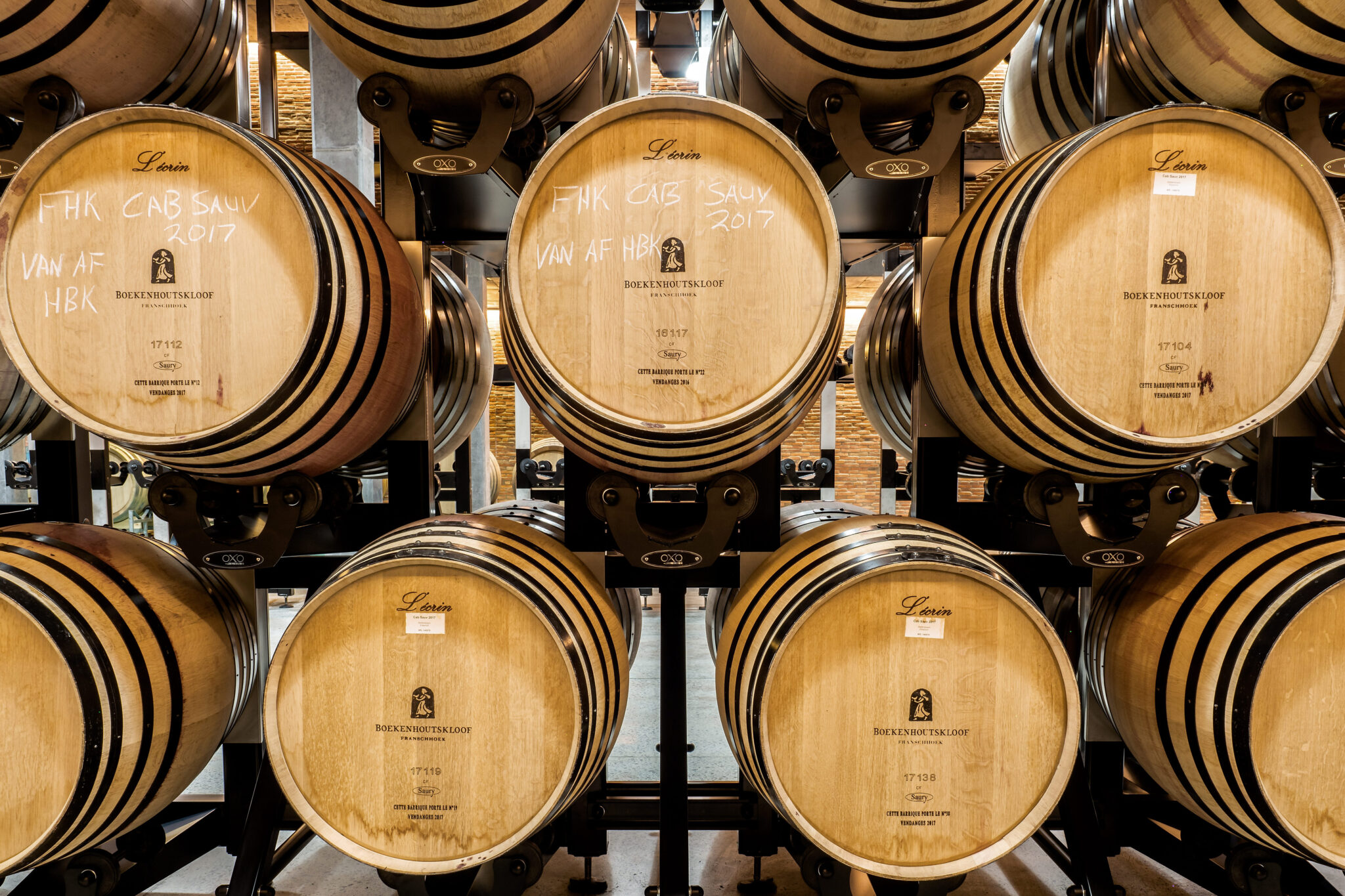

‘Fashion? I’ll tell you something about fashion. Ten years ago, the natural wine movement was flying, and people started looking at lower alcohols and earlier picking. I became quite introspective, wondering if what we were doing was right. I looked at our wines, which are quite full and ripe, and then I realised that’s why people were buying into Boekenhoutskloof. And I decided, you know, forget about nuts and raisins and natural wine and wah wah wah. We’ve been working hard for 20 years to define ourselves, to create a house style, and build up a loyal following. So why should we change that?’
‘I like trying different wines, including natural wines and minimum-intervention wines – wines from Jura are particularly interesting. But it can be frustrating when you buy a case of six and each one’s different.’
‘It’s the same with the no-and-low movement. We had a discussion from a commercial point of view and invested quite a bit of time and resource in looking at it. But we’ve decided it’s not for us. I think the market is there, but it’s different. Younger people taste no-alcohol wine, that becomes a reference for them, and then they say, “this is what wine tastes like”. Whereas conventional wine drinkers have enjoyed other things – alcohol, generosity, ripeness, richness… so no-and-low wines taste completely different.’
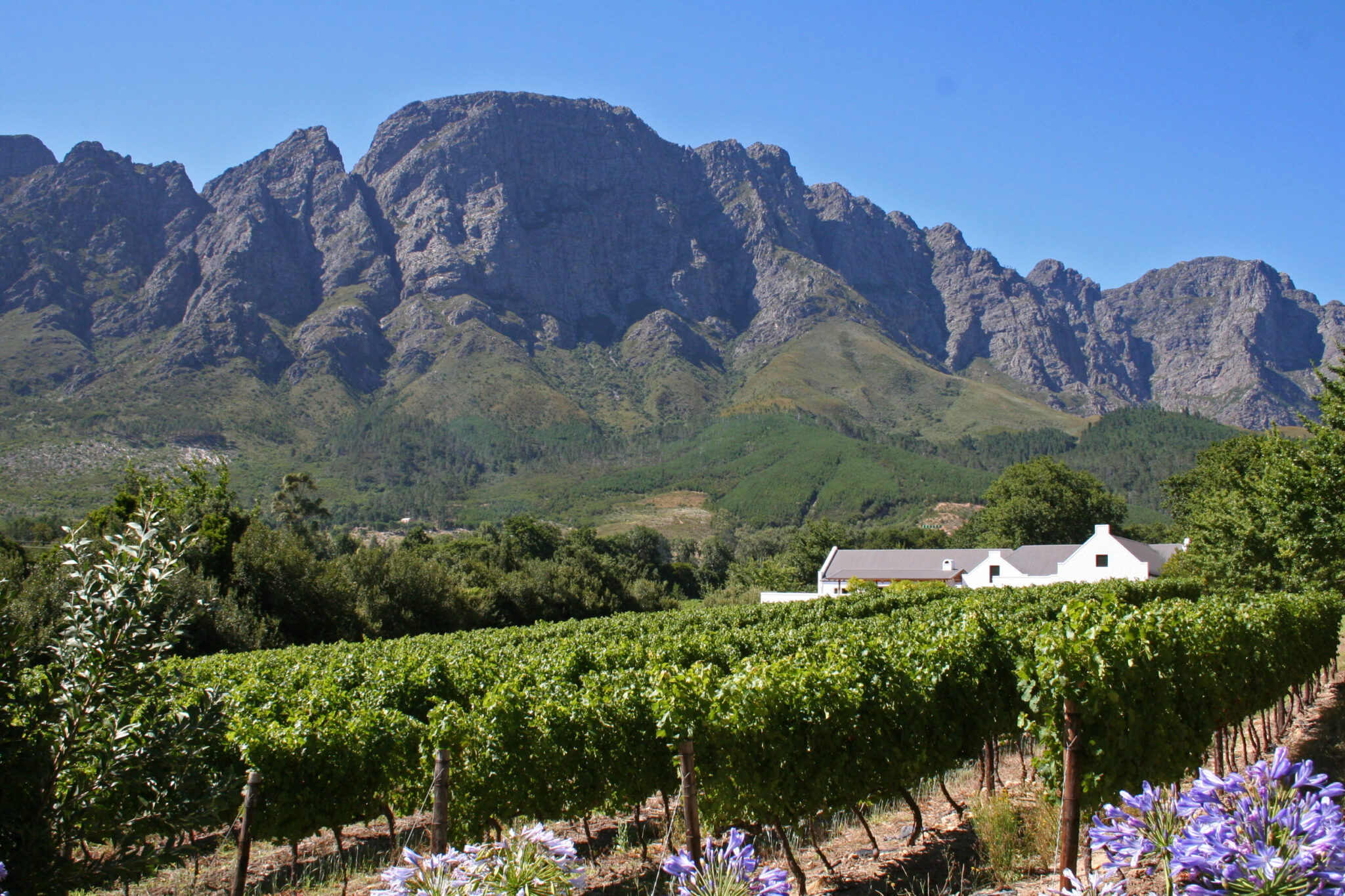

‘You can’t make no-alcohol wine without significant manipulation, especially if you want it to taste even moderately vinous. Sparkling wines are an exception. With sparkling wine, you’ve got two forgiving factors – gas and sugar, which mask some of the process.’
‘In 1994, South Africa entered the world stage. It was a great time in our modern history – our first democratic and free election; the world opened up to us. Then we decided, for whatever reason, that what the world needed was Pinotage.’
‘The biggest reward for me is going into a Sainsbury’s or a Waitrose or a Tesco and seeing Porcupine Ridge Sauvignon Blanc on the shelves. We make one-and-a-half million bottles a year, and it’s much more difficult to achieve that sort of consistency at £6.99 than it is so make Porseleinberg Syrah at £69.’
‘What South Africa has always done well is the entry level and mid-tier wines, albeit via largely uncompetitive pricing. Now, for the first time, people have learned that we can make really great wine at the premium level – although we still sell them at a significant discount to the top wines from California or Australia, or, for that matter, New Zealand. But guys like Eben Sadie, Chris and Andrea Mullineux and Adi Badenhorst are making world-class wines, vintage after vintage.’
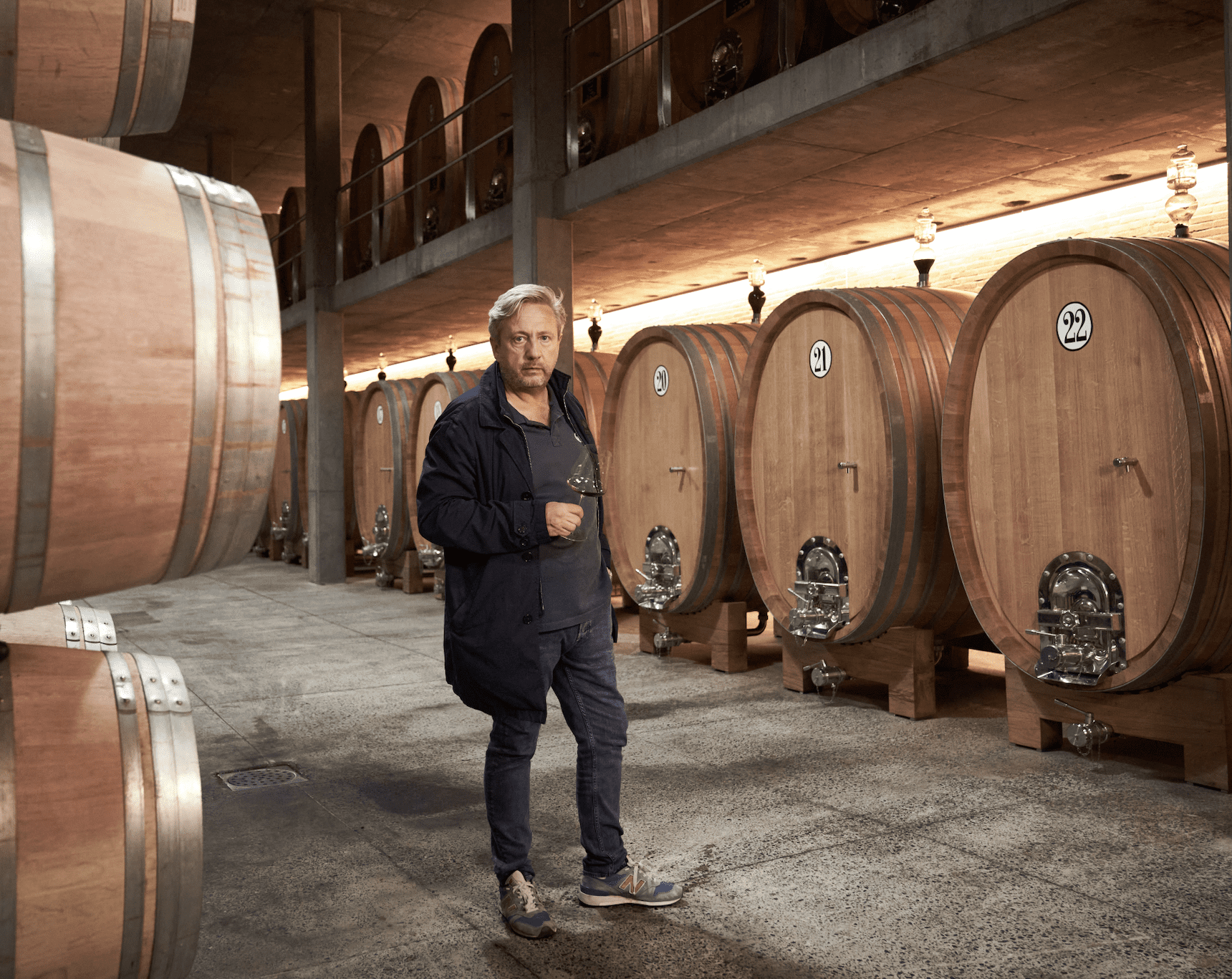

‘I went to Portugal for the first time in 2014. I’d been to vineyards all over the world, and I never thought I’d see something so striking as the Bernkasteler Doctor vineyard in the Mosel, or the vineyards of Côte Rotie. But then I discovered the Douro and its beautiful, rustic terraces, and I fell in love.’
‘In 2017 I started making a little bit of wine in Portugal with my now partner Rita Marques, at her family estate, Conceito. It was quite difficult at first – I don’t normally like being told what to do. But then I fell in love all over again. That’s not a crime, right?’
‘I moved to Portugal full-time in 2020, and we bought two tiny quintas in the Douro and started making our own wine, Companhia de Vinhos Invencíval. Rita’s a very accomplished winemaker, way better than I am. Particularly with white wines. And you have to be for whites. She did her Masters in Bordeaux under Denis Dubourdieu and learned to be an incredible technician in the cellar, which I’m anything but. Reds are more my thing – they’re much easier to make.’
‘Even though I’m living in Portugal, I’m in South Africa every month, and still today, I sign off every single wine that Boekenhoustkloof bottles, whether it’s Porcupine Ridge Sauvignon or Porseleinberg Syrah. I love working hard at a blending table and getting it right, regardless of how long it may take. So many winemakers are not that good at blending. I think it’s a palate thing. At heart, I guess I’m a hedonist.’
Marc Kent and Boekenhoustkloof, along with Eben Sadie, Chris and Andrea Mullineux and Adi Badenhorst, are among the producers on our itinerary for the Members’ trip to South Africa in September. For more details of the trip and to register your interest, see here
Not a 67 Pall Mall Member? Sign up to receive a monthly selection of articles from The Back Label by filling out your details below
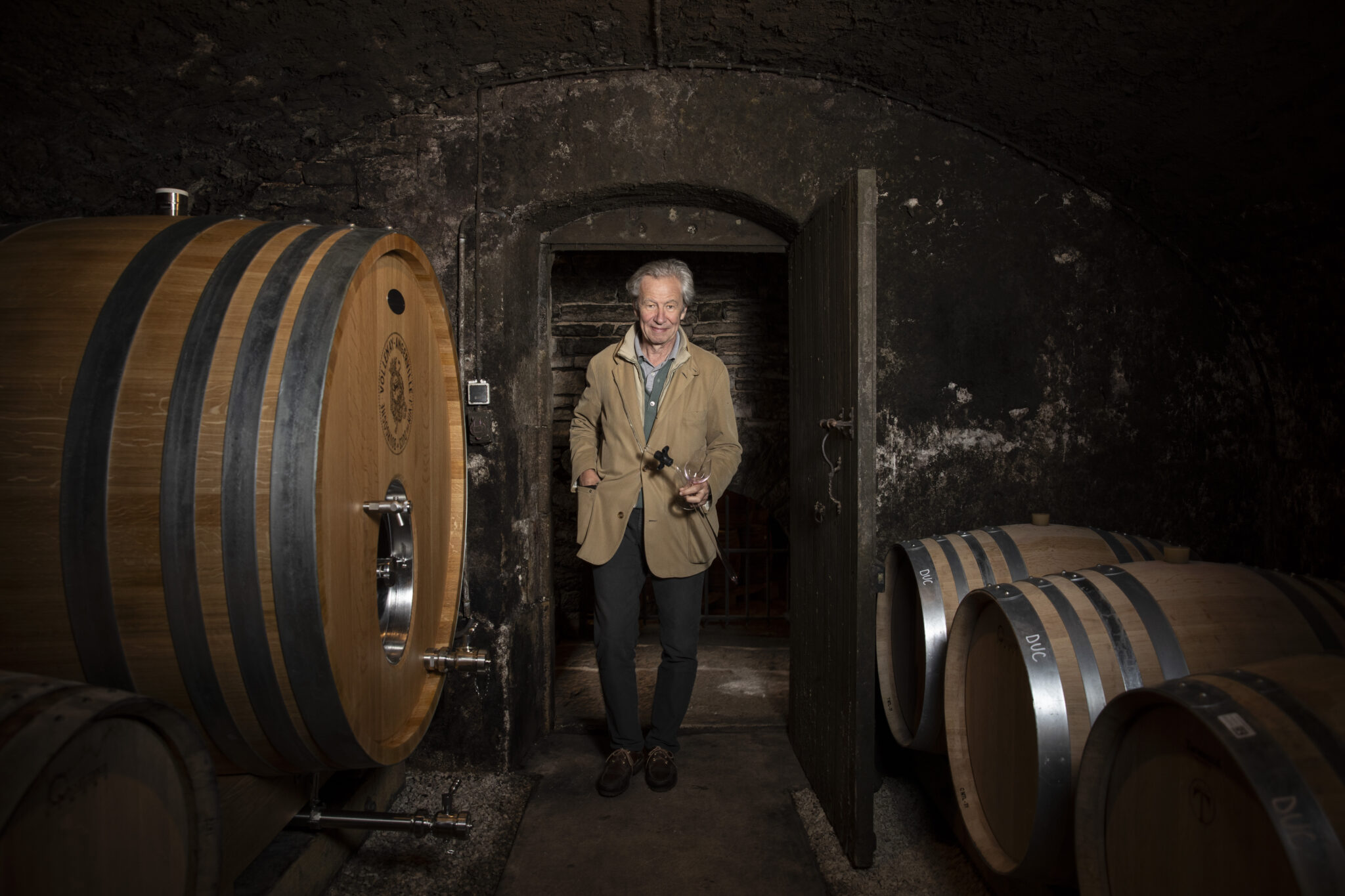

TWO
MINUTES
WITH
Guillaume d’Angerville
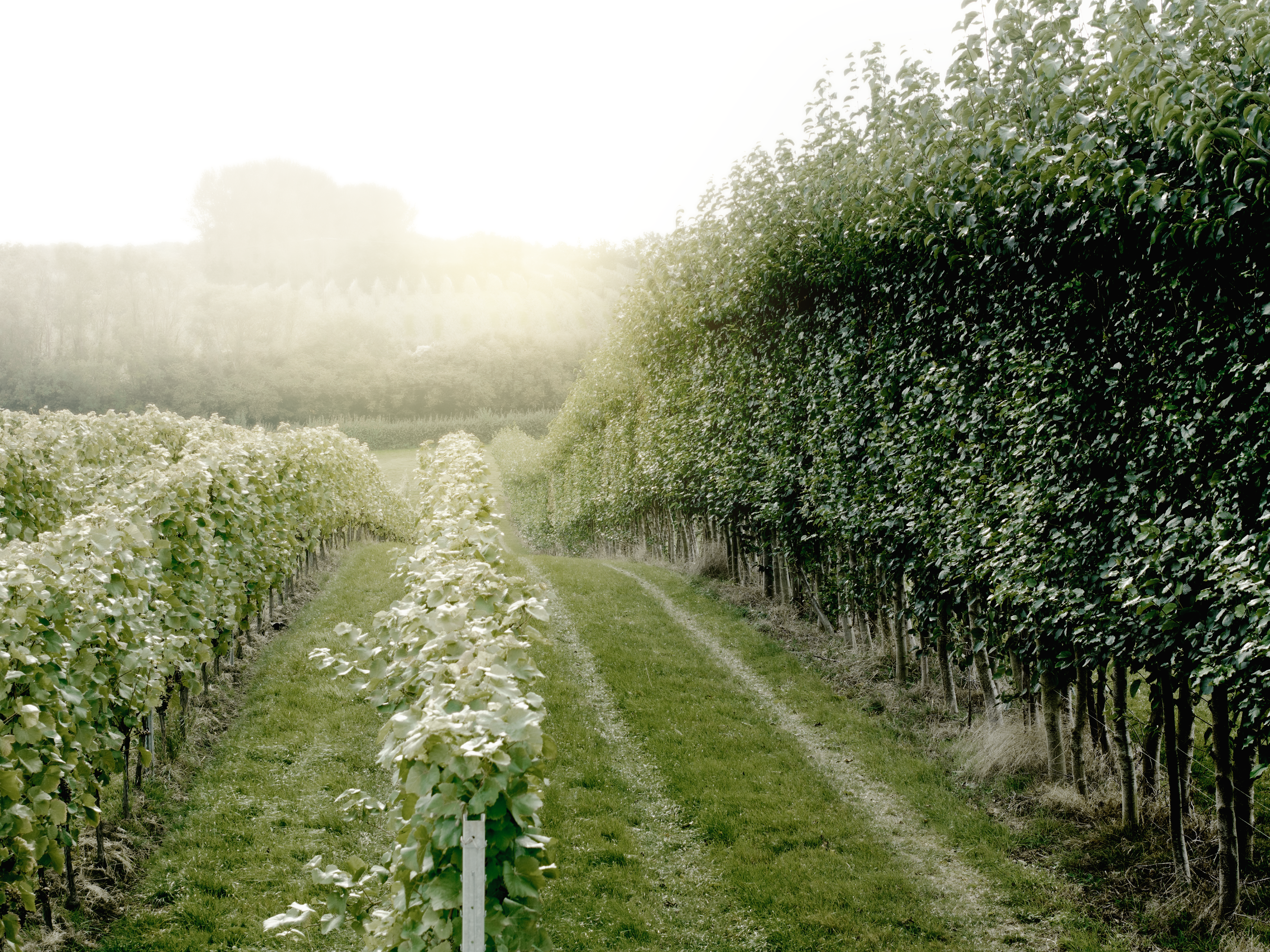

UNDER
THE
SURFACE
The story behind Champagne Taittinger’s English fizz
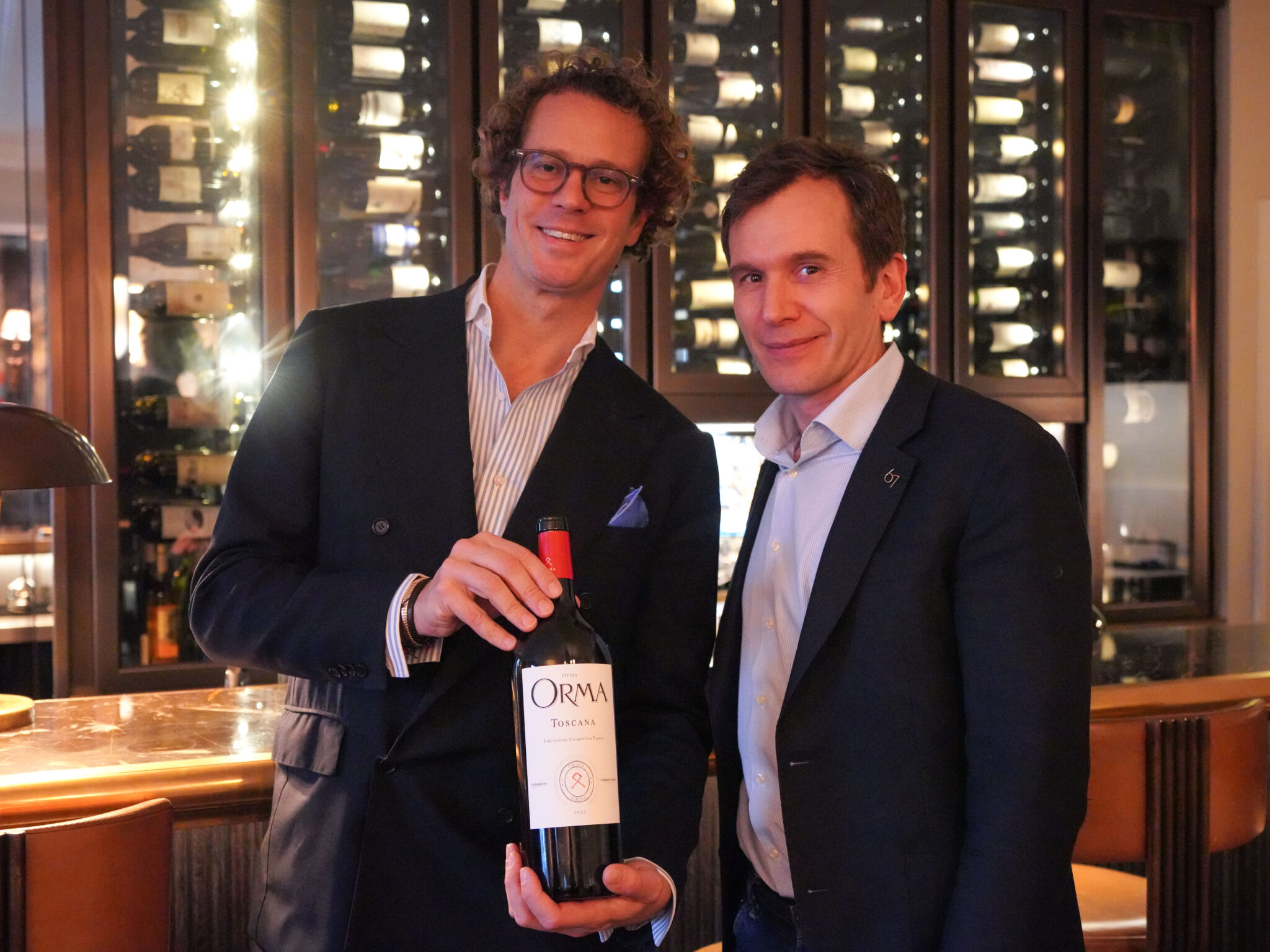

IN
THE
CLUB
Alberto Moretti Cuseri, Orma
